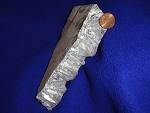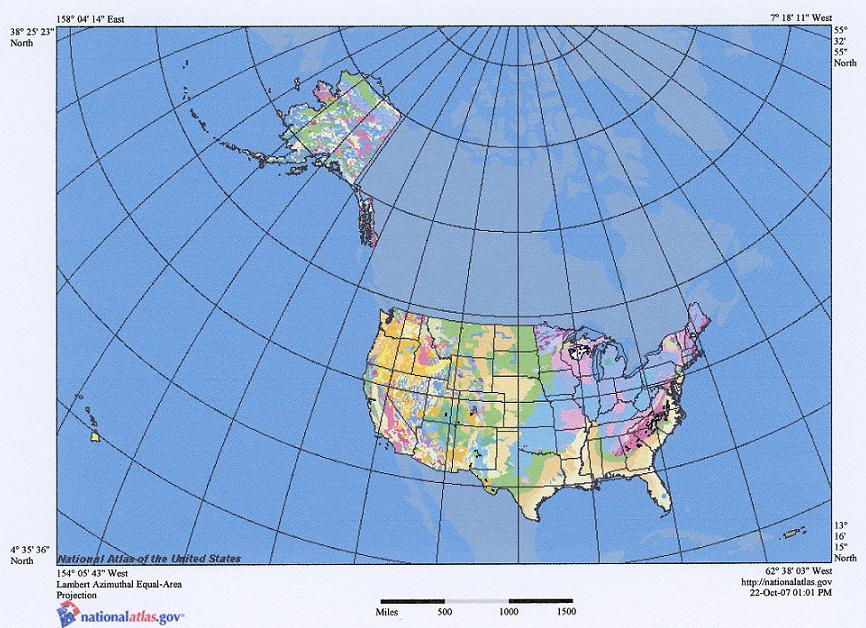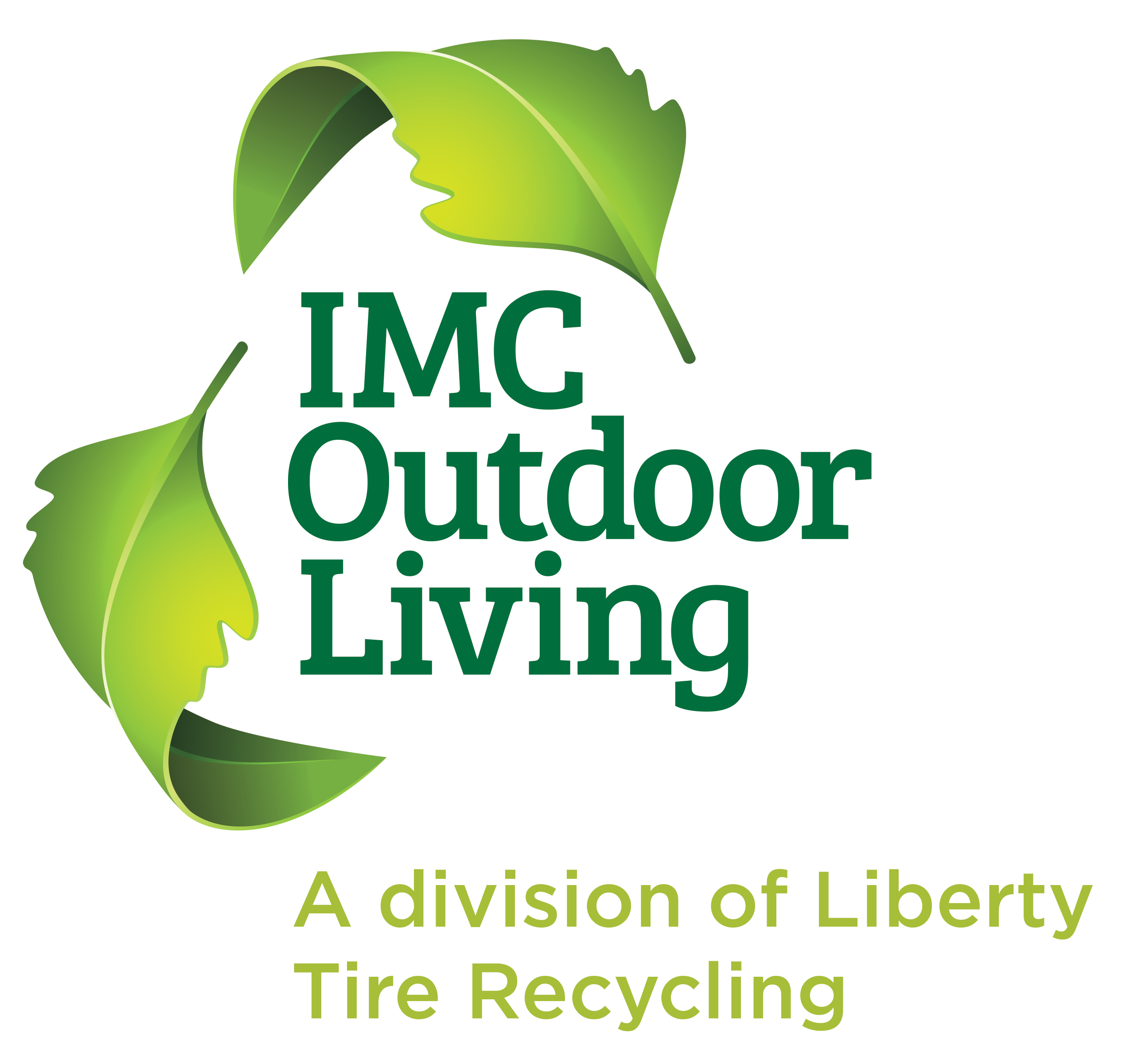I cannot speak for the recycled rubber industry or for any other recycled rubber company’s products. I can speak about the products that we produce at IMC. The future of the environment is not a game; it is not a discussion of half truths or misinformation. We at International Mulch Company take our responsibility seriously, and we have the test results to prove it. As our industry and products gain a greater acceptance, the dialogue and discussion has deepened – this is a good thing, as it makes us informed consumers. However, when conversations start to misinterpret data or studies, the conversation quickly escalates into a contest of who can shout the loudest – in this environment no one wins.
I want to talk for a few minutes about zinc. Zinc is a naturally occurring element that is mined – it comes from the ground.  Zinc is used to galvanize steel to prevent rusting, zinc is the primary metal in the penny, zinc is used in paints and deodorants, zinc is found in oysters, and we now take tablets with zinc when we feel a cold coming on. Some have written that the use of recycled rubber products could create elevated levels of zinc in the soil – a process known as leeching. IMC has tested its products using a respected and independent laboratory and our products have passed every and all tests. One of the largest concerns with detractors of the recycled rubber industry is that they test soils, not the product itself. There are large geographic areas of the United States where zinc mining was a major industry; hence there are higher levels of zinc in the soil of those areas. If you take a look at the map below you will see that nearly the entire United States has some mineral deposit in the soil – each color represents a different element.
Zinc is used to galvanize steel to prevent rusting, zinc is the primary metal in the penny, zinc is used in paints and deodorants, zinc is found in oysters, and we now take tablets with zinc when we feel a cold coming on. Some have written that the use of recycled rubber products could create elevated levels of zinc in the soil – a process known as leeching. IMC has tested its products using a respected and independent laboratory and our products have passed every and all tests. One of the largest concerns with detractors of the recycled rubber industry is that they test soils, not the product itself. There are large geographic areas of the United States where zinc mining was a major industry; hence there are higher levels of zinc in the soil of those areas. If you take a look at the map below you will see that nearly the entire United States has some mineral deposit in the soil – each color represents a different element.

Zinc, just like many other naturally occurring elements are not an issue if they are not at elevated levels. Many of us use a product that promises that our plants will grow twice as big if we use this fertilizer – you know the name, you probably use the product. Have you taken a look at what is inside that bottle or container? You guessed it, .05% zinc.
This is an important discussion, and not one solely reserved for the recycled rubber industry. Some scientists have even started a new field to study how plants interact with the soil. This field is called “ionomics,” or the study of how the genes of a plant regulate the ions in a cell. I know this sounds a bit technical, but, well it is… Just as some of us have a higher possibility of having coronary artery disease because our body cannot regulate the amount of cholesterol our system expels, there are some plants that are predisposed to pulling more of one element into its system, potentially damaging the plant. We have pushed and pulled with the genetic codes of plants for years, and the hope is to develop plants that may one day pull toxins from the soil to clean a formerly “ungrowable” area. This area of study is in its infancy, but to reiterate a previously noted point, these scientists are starting with tests of the soil, followed by planting and then testing of the plants. This discussion is not rooted in product, but rather, it is rooted in the soil.
Zinc is part of the earth and we have been harvesting it for uses for more than 1,000 years. We need it in our soil and we need it to stay healthy. We at IMC are about bettering the Earth and helping the environment we live in, and are confident that you will be pleased with our products and the beauty and longevity that they will give your yard.
This discussion of leeching is not new, and not only reserved for the recycled rubber industry – mulch of all kinds has been tested for decades. Pine and spruce needles when used as a mulch leech high levels of nitrogen that can have adverse effects on some plant material. When wood mulch begins to break down it fuels this process by tapping into nitrogen, pulling this vital element from the soil.
My advice if you want to have a dynamic garden is to have your soil tested for its composition levels. Often times it is best to put your ear to the ground and listen to what it is telling you and what it needs.

